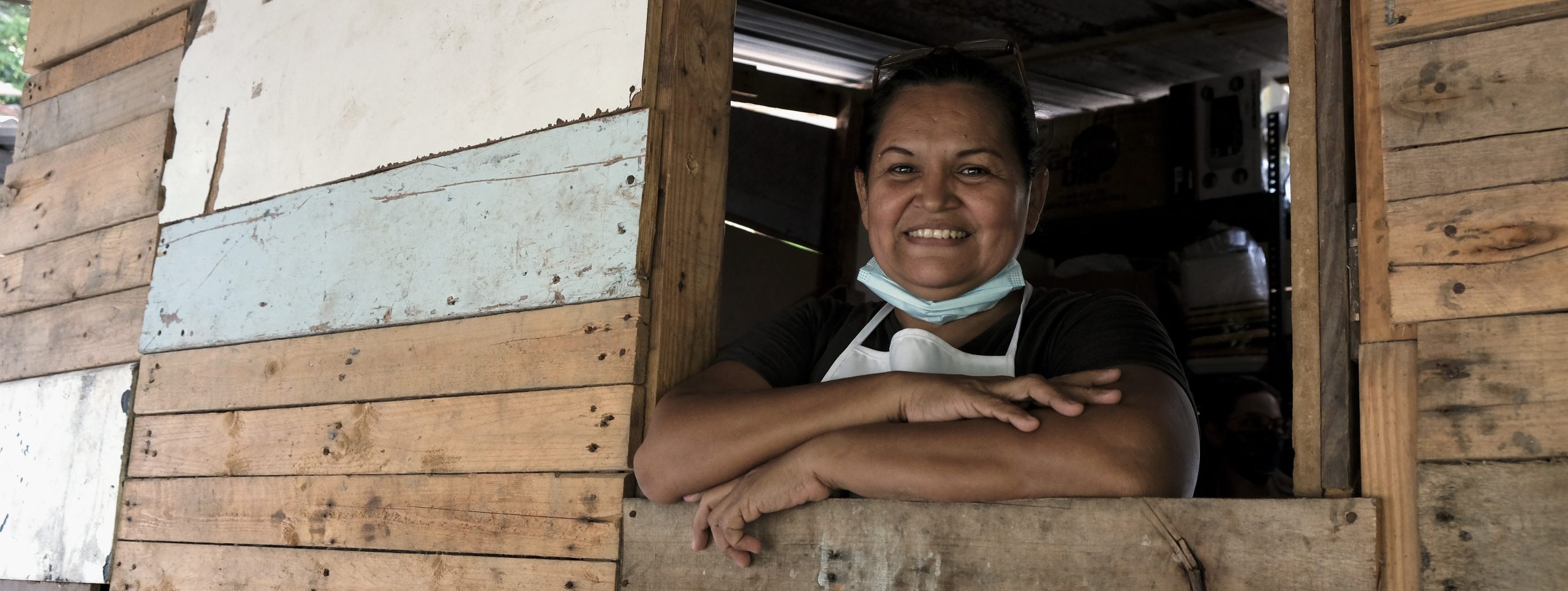
Inclusion of Refugees in the Training System of the National Institute of Vocational Training and Capacity Building for Human Development – INADEH
Once refugees are aware of the possibility of accessing INADEH’s training cycles, they can begin the process of requesting information and pre-registration, in coordination with civil society organizations or without. However, the process of requesting information, pre-registration and access to INADEH requires the signature of the Ministry of Interior (ONPAR) of the note certifying their status as a recognized refugee. In these cases, the refugee must request the signature of the note (in which case he/she can be supported in this process by both UNHCR and civil society organizations working with refugees) and submit all the documentation required by INADEH.
Location
Panama (Headquarters Tocumen, La Chorrera, El Chorrillo)
Duration
From 2018 to date.
Results
Since the start of the programme in December 2018, this pilot initiative has benefited a significant number of individuals, some of whom are already registered while others are in the process of registration. This sample is relevant and is expected to continue growing in the future. In this context, close collaboration is maintained with various partners in Panama, including the Red Cross of Panama, which supports the identification and profiling of individuals, as well as outreach efforts to ensure that the target population is aware of the programme and can register with their support.
Lead Entity and Partners
UNHCR, INADEH, Ministry of Interior (ONPAR). Partners (NGOs – Red Cross) also support the sharing of information about these opportunities.
Linked MIRPS Commitment
Promote equitable and quality education by strengthening national systems to foster inclusion, resilience, and participation of children and youth in host communities.
